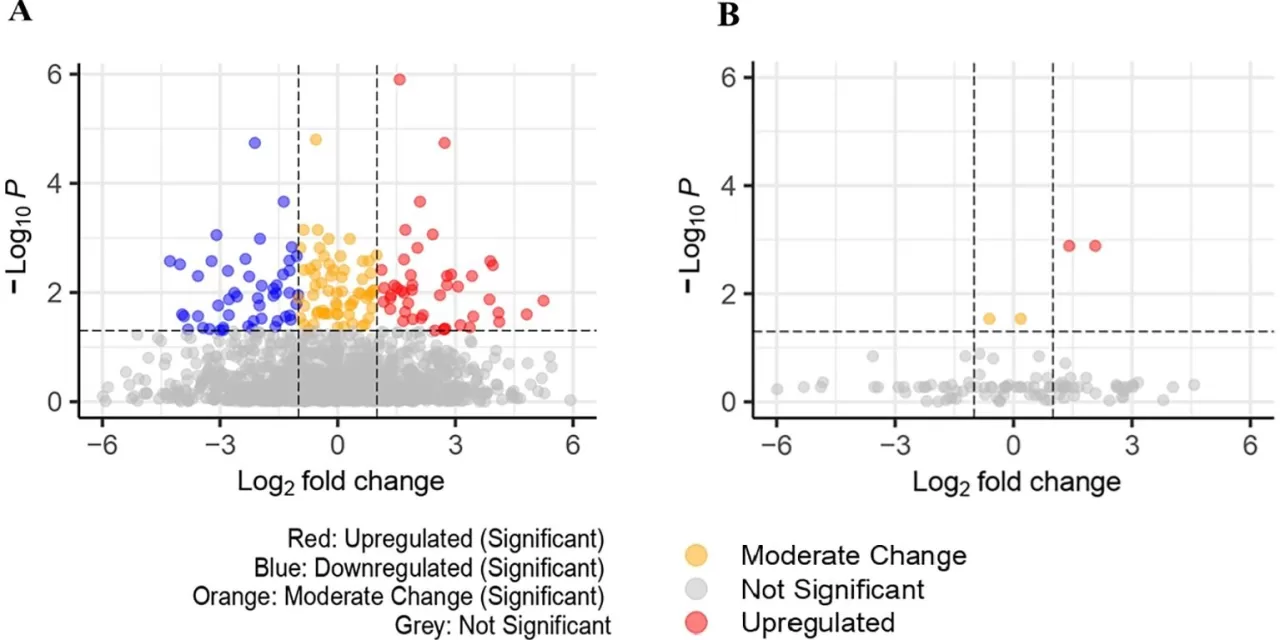Birmingham, UK – Researchers at the University of Birmingham have utilized artificial intelligence (AI) and machine learning to identify novel protein biomarkers that could significantly improve the early detection of colorectal cancer.
By analyzing a vast dataset from the UK Biobank, the team pinpointed three key proteins – TFF3, LCN2, and CEACAM5 – strongly linked to cell adhesion and inflammation, crucial processes in cancer development. These findings, published in Frontiers in Oncology, offer a promising avenue for developing more accurate and accessible diagnostic tools for this prevalent disease.
“Colorectal cancer poses a significant global health challenge,” stated Dr. Animesh Acharjee, who led the study. “Early detection is crucial for successful treatment, and this research provides valuable insights into potential biomarkers.”
The study employed advanced AI and machine learning models to analyze protein profiles from healthy individuals and colorectal cancer patients. This approach allowed the researchers to identify patterns and relationships within the complex data, ultimately highlighting the three key proteins.
“While these biomarkers show promise, further validation studies are necessary to fully understand their clinical significance and potential for use in diagnostic settings,” Dr. Acharjee emphasized.
Colorectal cancer is the fourth most common cancer in the UK, with an estimated 44,100 new cases diagnosed annually. Current diagnostic methods often involve invasive procedures, making the development of less invasive and more accessible screening options a critical area of research.
This study represents a significant step forward in the fight against colorectal cancer. By leveraging the power of AI and machine learning, researchers are paving the way for more accurate and efficient diagnostic tools, ultimately improving patient outcomes.
Note: This article is based on the provided information and may require further refinement based on the full study.











